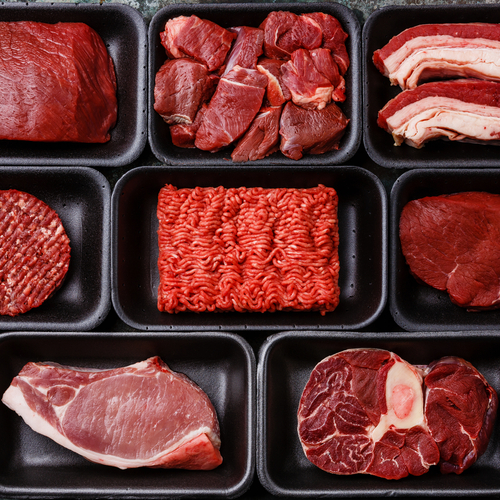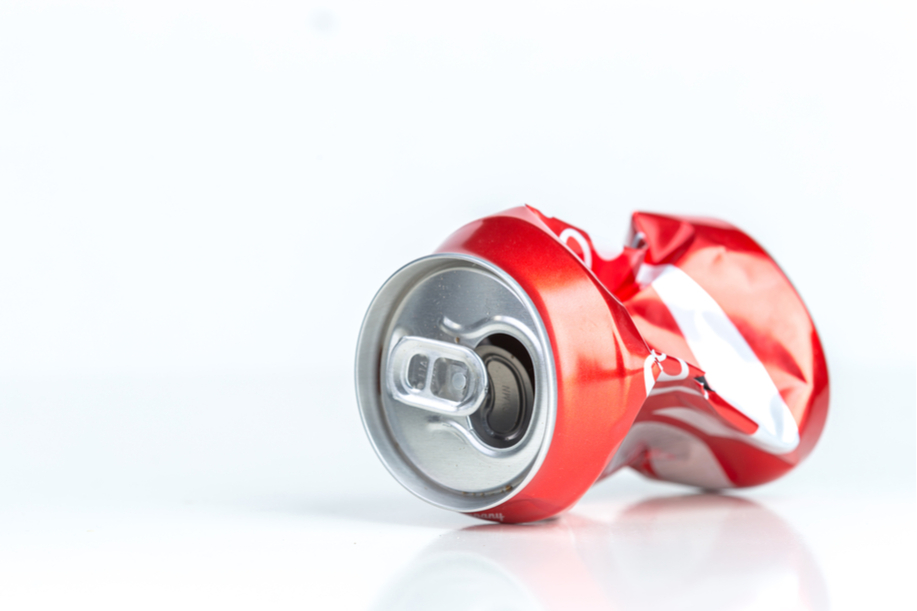Disturbing information is beginning to emerge about dangers from the reusable bags environmentalists have encouraged us to use (and some localities have practically mandated). According to a report in the Tampa Tribune, the bags, most of which are imported from China, may contain excessive levels of lead. As a result, U.S. Sen. Chuck Schumer (D-NY) has called for investigations by the Food and Drug Administration, Environmental Protection Agency, and the Consumer Product Safety Commission into how this happened and who should be held responsible. Excessive exposure to lead is known to cause neurological damage in children and infertility among adults.
And heavy metals aren’t the only thing weighing down your bags: There’s a good chance that they’re full of dangerous bacteria as well:
A study out of the University of Arizona shows that your shopping bag is probably loaded with bacteria including E. Coli.
97 percent of grocery shoppers told researchers that they never wash or bleach their reusable bags, nor do they worry about germs. According to the study, they should. Unwashed reusable bags, it says, are E. Coli magnets and breeding farms. …
The study looked at grocery bags in San Francisco, Los Angeles, and Tucson, and found that half of them contain the deadly bacteria.
Think about it: Lead and bacteria are rubbing up against your fresh fruits and veggies (and books, and clothes, and whatever else your reusable bags hold). This is just another example of governmental regulations' unintended consequences.
Consider soda taxes, something we’ve written about frequently. Food nannies often urge punitive taxes on soda to reduce their consumption, on the theory that if people drink less soda they’ll consumer fewer calories. The unintended consequence of this policy, however, is to push people toward drinking beverages that contain even more calories per ounce.
As we put it in a recent op-ed:
Researchers writing in the American Journal of Preventative Medicine noted that taxing soft drinks may result in people simply substituting untaxed beverages that are still high in calories. For example, orange juice and 2-percent milk – which would not be taxed under Florez's plan – contain more calories per ounce than cola. If the Florez tax really worked, it would cause a substitution of these other beverages – resulting in people consuming more calories than before.
This is the sort of thing that happens when the government tries to manipulate our behavior through taxes and regulations: All sorts of unexpected problems pop up. Shouldn’t we ask how much meddling in our daily lives is too much?




